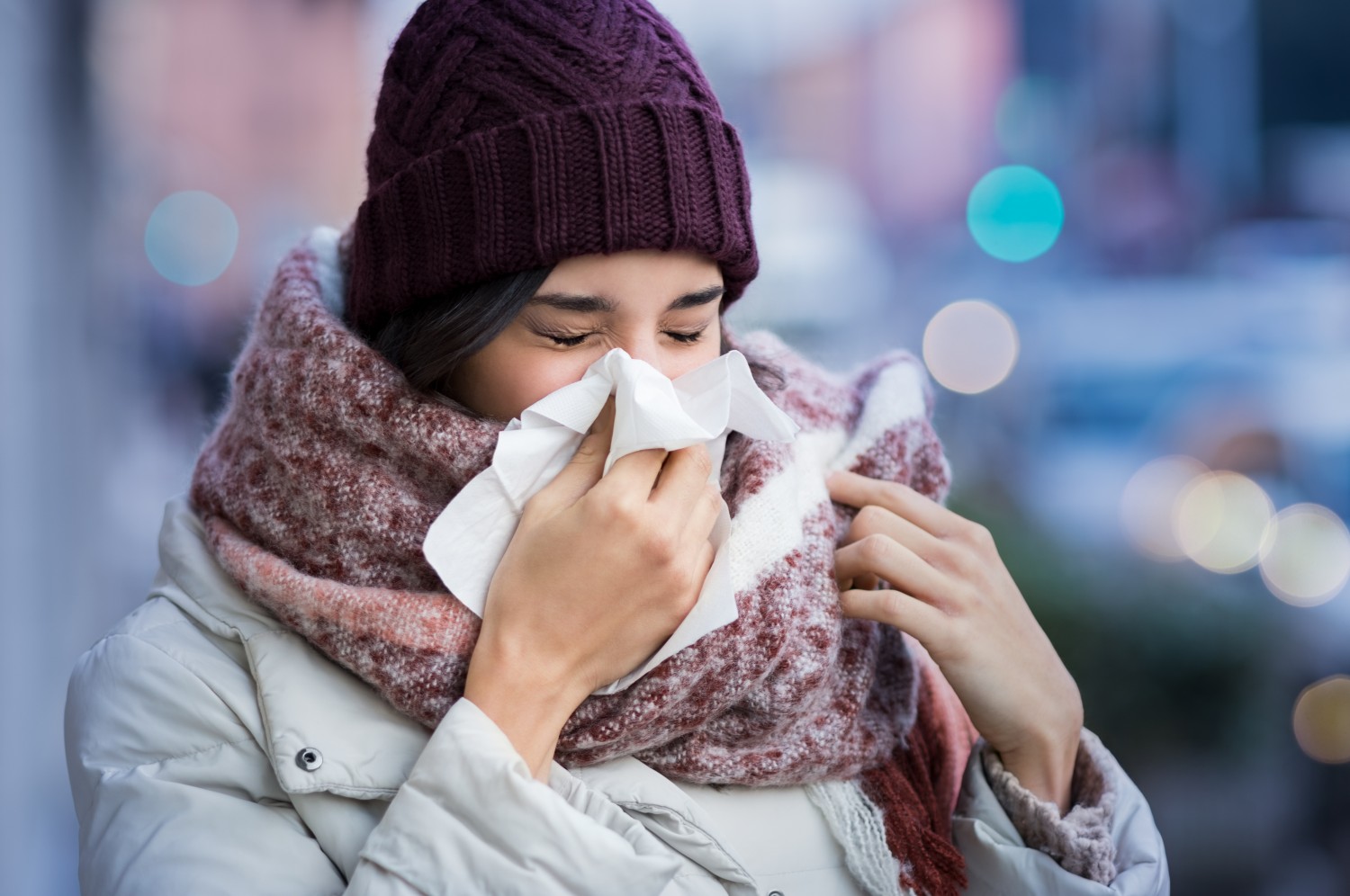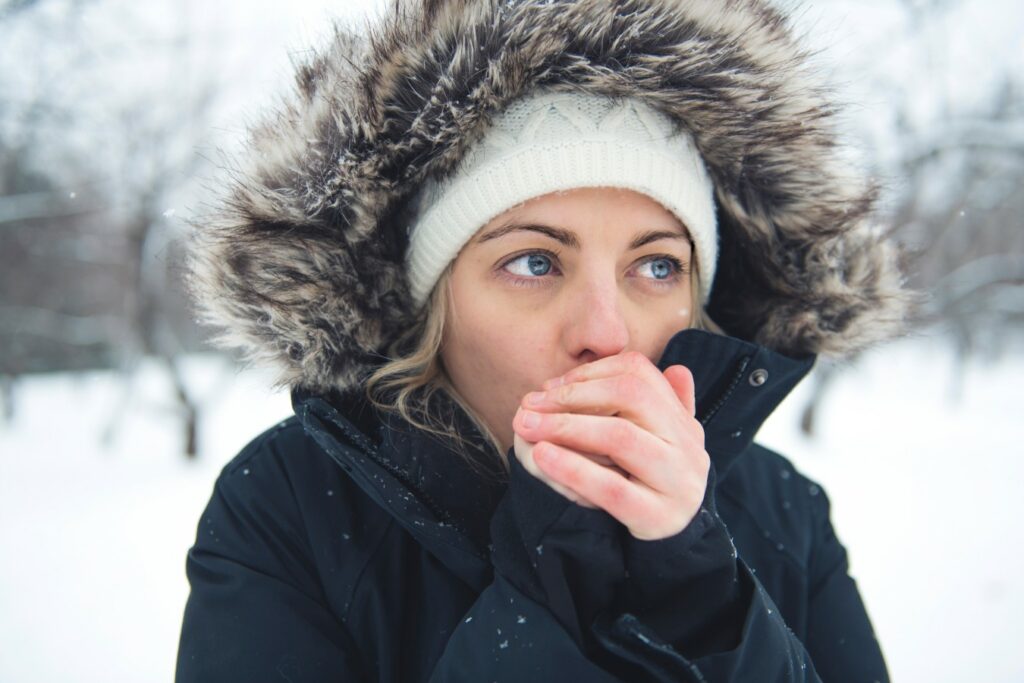
Heavy Rain, Flooding, and Chance of Severe Weather Staring Down the Southern U.S.
January 22, 2024
Posted: February 18, 2023 9:10 am





Scientific Explanations Behind Cold Weather Myths
With winter conditions refusing to let up across much of the country in recent weeks, there is a good chance that you have heard a number of cold weather myths. Here are some of the most common winter weather myths debunked.
Your mother may have told you that being outside in the chilly air will bring on a cold, the flu, or pneumonia. The truth is that it is bacteria and viruses circulating through the air that are responsible for these ailments.
However, you are not imagining it if you notice that you are more likely to get sick during the cold winter months. But the culprit is not necessarily the plummeting temperatures. Instead, it is the simple fact that more people gather indoors when the weather turns sour, putting you in the line of fire for more viruses and bacteria when compared to outdoor gatherings. School being in session full-time is another driving force leading to a greater chance of illness.
Medical experts also point out that the lower humidity levels in the winter can raise the risk of some infections that are more likely to thrive and replicate in these types of environments. Lastly, data is also backing up the hypothesis that lower temperatures may reduce the body’s immune system, making it more difficult to fight off infections.
While it is never a bad idea to put on a hat if your head is cold, it is a myth that you lose the bulk of your body heat through the head. It is true that the head is more sensitive to a drop in temperatures than some other body parts. However, covering the head up does not prevent overall body heat loss.
What is also true is that the head just happens to be the body part that is the hardest to cover up when you are out in the bitter cold. It is easy and natural to put on shoes, a coat, and gloves. What can be more difficult to do is to completely cover the head. As such, it makes sense that more heat might be lost through this body part. Limiting its exposure to the cold as much as possible through proper headwear will go a long way in keeping you nice and toasty.
There is something magical about a mug of steaming hot cocoa after playing out in the snow. Although this drink may feel comforting, it is actually doing little to warm up the body. In fact, a hot drink may do the reverse and trigger the body temperature to decrease more quickly than if you were to drink a cold beverage.
This can be explained by the nerve receptors that take up residence on the tongue. These receptors signal the body to start sweating when exposed to a hot beverage. The output of this sweat is typically higher than the initial rush of heat from the beverage. As this sweat evaporates, the body cools down more quickly.

When the body becomes atypically cold, the natural response is for the muscles to quickly tighten and relax in an effort to warm up. This muscle movement presents as what people know as shivering. It is important to note that shivering is a natural body function and not necessarily a sign that the body is too cold or in danger.
However, shivering that lasts for more than 15 minutes could be a sign that your body is entering a phase of stress. This is when it is time to take active steps to warm up by changing your environment, layering up, and moving the body to generate warmth.
Falling into freezing cold water will not immediately initiate hypothermia. Many people lose their lives not as a result of hypothermia but because they panic and hyperventilate when they feel the rush of cold water.
Reminding yourself to stay calm will provide better outcomes. The first thing to focus on is your breathing. Once you have caught your breath, then you can assess the situation and determine your escape plan.
Did you find this content useful? Feel free to bookmark or to post to your timeline for reference later.

January 21, 2024

January 19, 2024

January 18, 2024